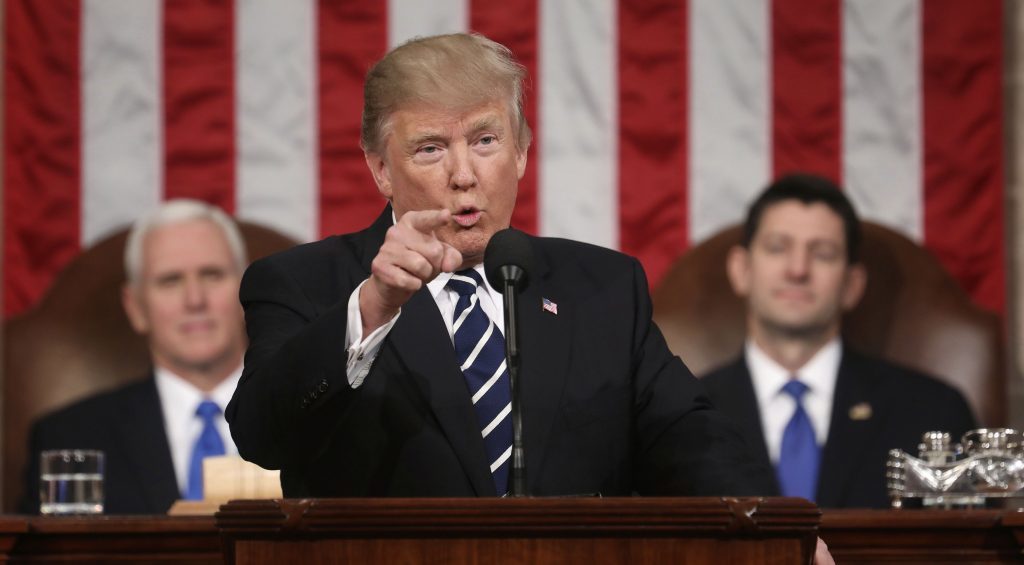
US president Donald Trump will journey to Israel on Monday for meetings with Israeli and Palestinian leaders.
As well as talks with prime minister Benjamin Netanyahu and Palestinian authority president Mahmoud Abbas, Mr Trump also planned to visit the Holocaust memorial Yad Vashem and the Western Wall, an important key Jewish holy site.
While hosting Mr Abbas at the White House in March, Mr Trump boldly stated that achieving peace is “something that I think is, frankly, maybe not as difficult as people have thought over the years”.
“But we need two willing parties,” he continued. “We believe Israel is willing. We believe you’re willing. And if you both are willing, we’re going to make a deal.”
White House aides have tried to play down expectations for significant progress on the peace process during Mr Trump’s stop, casting it as more symbolic than substantive.
Yet Trump may still need to engage in some delicate diplomacy following revelations that he disclosed highly classified intelligence Israel obtained about the Islamic State group with top Russian officials, without Israel’s permission.
Israel also has expressed concern about the 110 billion dollars arms sale to Saudi Arabia that Mr Trump announced Saturday in Riyadh.
Yuval Steinitz, a senior Cabinet minister and Netanyahu confidant, called Saudi Arabia “a hostile country” and said the deal was “definitely something that should trouble us”.
Mr Trump has handed son-in-law Jared Kushner and long-time business lawyer Jason Greenblatt the assignment of charting the course toward a peace process. The White House-driven effort is a sharp shift from the practice of US previous administrations that typically gave secretaries of state those reins.
Mr Trump’s first overseas trip as president comes as the dynamics between the United States and the region’s players are moving in unusual directions.
While Israeli officials cheered Mr Trump’s election, some are now wary of the tougher line he has taken on settlements: urging restraint but not calling for a full halt to construction.
Mr Trump has also retreated from a campaign pledge to move the US Embassy in Israel from Tel Aviv to Jerusalem, bending to the same diplomatic and security concerns as other presidents who have made similar promises.
A senior official who was part of the Palestinian delegation said Mr Trump is planning to try to relaunch peace talks, with a goal of reaching an agreement within a year.
The Trump administration rejected a request from the Palestinians to push for an Israeli settlement freeze, but promised to sort out the issue during peace negotiations, according to the official.
And on the eve of Trump’s visit, an Israeli official said Mr Netanyahu’s cabinet has approved confidence building measures with the Palestinians, including allowing building in a West Bank area.
The official said the package includes building permits for Palestinians in Area C that has largely been off limits to Palestinian development until now.
Mr Trump arrives after spending two days in the nation that is home to Islam’s holiest sites, having brokered the arms contract and business deals with Saudi officials while also trying to strengthen relations with several other Arab nations.
He also delivered a closely watched speech to the Muslim world in which he called for Middle East leaders to root out extremists at home, while casting the fight against terror as “good versus evil” rather than the West versus Islam.